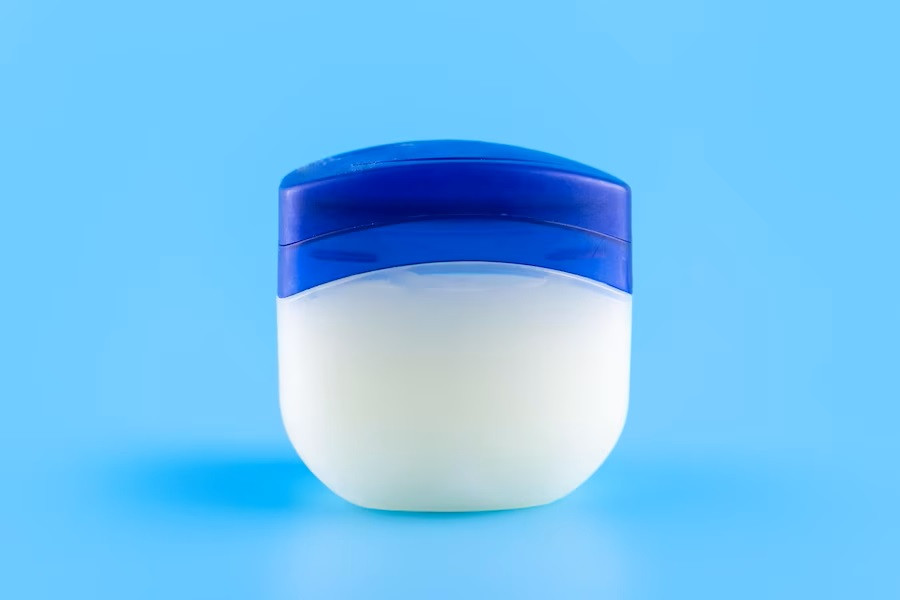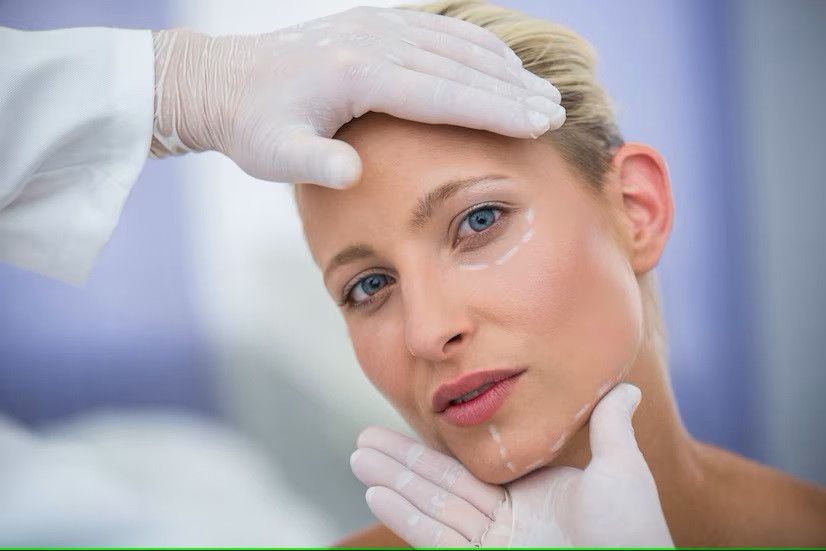Washing your face regularly is an essential step in maintaining clear skin and preventing acne and other skin problems. However, when it comes to the temperature of the water used, there is some debate about whether cold or warm water is better. The water temperature can affect your skin condition and the effectiveness of facial care products.
Advantages and Disadvantages of Washing Your Face with Cold Water
Cold water is a common choice for face washing, and it offers several benefits:
- Safer for inflamed skin. Cold water can constrict blood vessels, which can help soothe irritated skin conditions like rosacea or inflamed acne.
- Reduces the appearance of pores. The constriction of blood vessels caused by cold water tightens pores, reducing their appearance and helping to decrease facial swelling.
- Improves circulation. Cold water stimulates circulation and promotes the release of endorphins, which can increase metabolism and leave your skin feeling refreshed.
Behind the comfort and benefits of washing the face with cold water, it also tightens the pores, making it more difficult to wash away dirt, bacteria, and oil from the skin compared to warm water.
Advantages and Disadvantages of Washing Your Face with Warm Water
When washing your face, it’s important not to use hot water as it can cause irritation. Warm water, however, is a better option for most people. Here’s why:
Warm water is effective at cleaning the skin. It helps dissolve dirt, oil, and makeup, clearing out pores more easily. It opens up the pores, which allows skin care products to be absorbed better and work more effectively. Washing with warm water can also have a calming, relaxing effect.
That said, hot water should be avoided, especially if you have skin conditions like acne or rosacea. It can irritate and further inflame the skin.
Which Is Better: Washing Your Face with Warm or Cold Water?
According to Healthline and the American Academy of Dermatology, washing your face with warm water is the recommended choice for all skin types, including those prone to acne. The key is adjusting the temperature to your skin's needs and preferences.
Extremely hot water can strip the skin of its natural oils, leading to dryness and reduced moisture levels. It can also damage the capillaries under the skin.
A simple way to check if the water temperature is right is to soak your elbow in water. If the temperature feels comfortable, it's good for your face.
To effectively cleanse your face, experts suggest the following routine:
- Wash your hands before starting.
- Gently remove makeup with a cleanser suited to your skin type.
- Clean your face using a mild facial soap and warm water.
- Avoid scrubbing too vigorously.
- Dry your face with a towel or tissue once it's clean.
- Apply a moisturizer that suits your skin.
- Wash your face twice daily and after sweating or strenuous activity.
Washing with warm water is a safe option compared to hot or cold water. If you have skin concerns, it's best to consult a dermatologist or use the consultation feature on the Ai Care app.
Want more health tips and advice on skincare, first aid, and home remedies? Click here!
- dr Hanifa Rahma
Kester, S. (2021). Should You Wash Your Face with Cold Water?. Available from: https://www.healthline.com/health/beauty-skin-care/wash-face-with-cold-water
Krietsch, B. (2024). Should You Wash Your Face With Cold or Hot Water? We Asked Dermatologists. Available from: https://www.byrdie.com/cold-water-face-washing-5235616
American Academy of Dermatology Association. Face Washing 101. Available from: https://www.aad.org/public/everyday-care/skin-care-basics/care/face-washing-101
Aiglon, K. (2023). How to Wash Your Face: 12 Steps to Fresh, Clean Skin. Available from: https://www.healthline.com/health/beauty-skin-care/face-washing-how-to
Hopp, E. (2023). The Right Way to Wash Your Face: 11 Tips for the Perfect Cleanse. Available from: https://www.byrdie.com/how-to-wash-your-face












